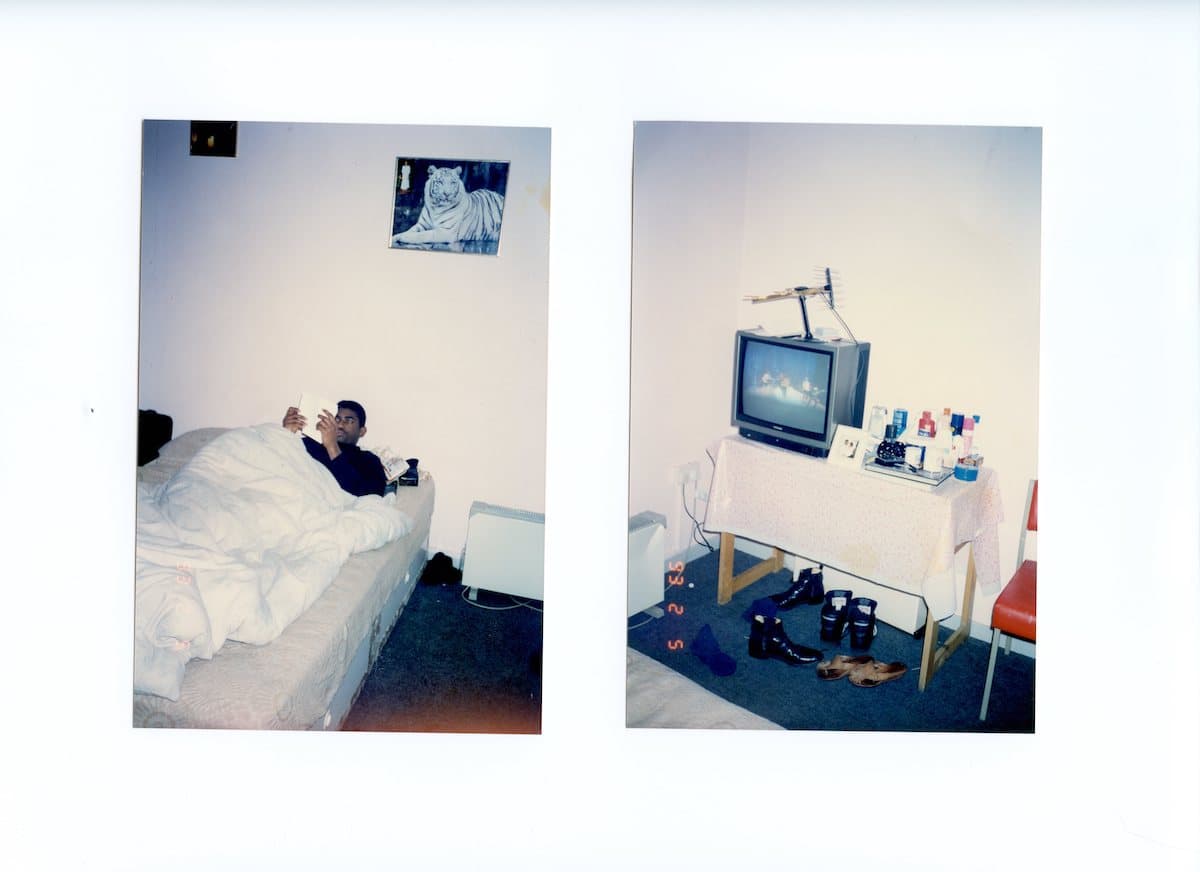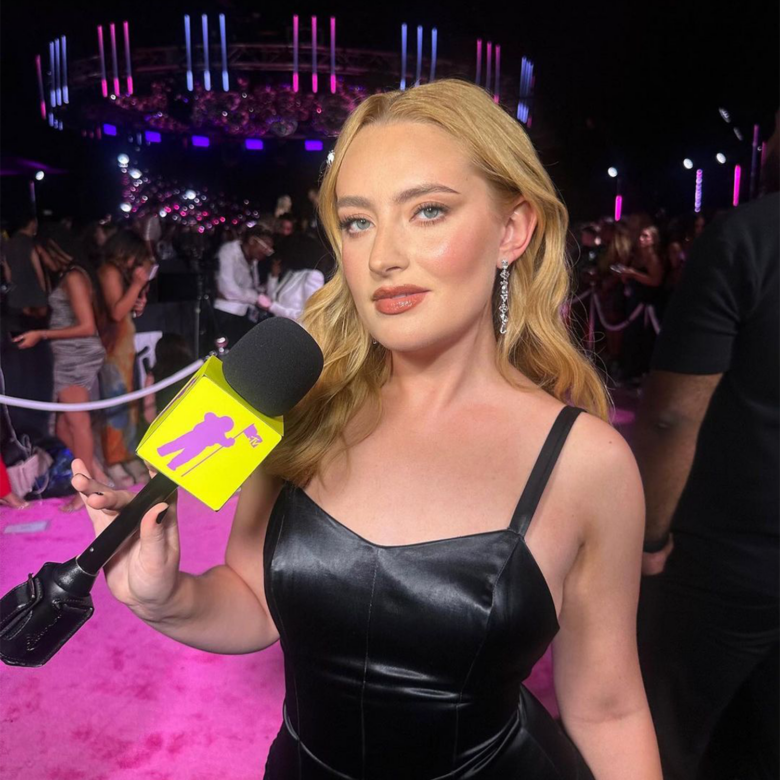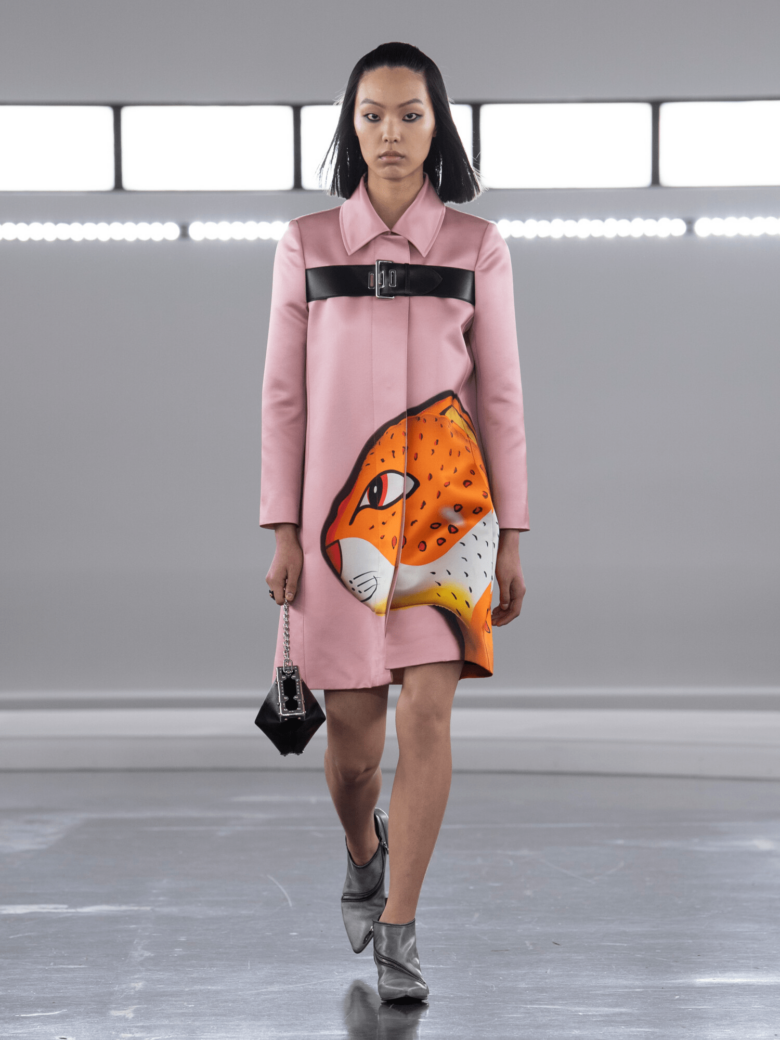Ejatu Shaw: Preserving Memories
Raised to Sierra Leonean parents in London, Ejatu Shaw’s emotive photography delivers a snapshot of her rich interior life. She doesn’t just want you to see the world through her eyes — she wants her anxieties, memories and innermost thoughts to shine through and ultimately live on for future generations.
Documenting Black joy, beauty and culture, she turns ephemeral feelings into an enduring and ever-growing archive that subtly challenges white hegemony in the visual arts. Whether taking portraits of school children in Sierra Leone or exploring Black British Muslim identity, Ejatu brings a sensitivity to her work that speaks of her clear purpose as an image-maker, as well as a deep connection to her subjects.
Below, we speak to Ejatu about her creative beginnings, passion for archives and DIY approach.
When did you start exploring your creativity?
I’ve always loved creating things – from paper handbags for my dolls to portraits of my classmates. I ended up taking Art for my both my GCSEs and A-Levels and thoroughly enjoyed working through different mediums. I’d collage, screenprint, make ceramics – anything I could do to express myself, being the shy individual that I was. My teacher soon introduced me to photography, encouraging me to use the darkroom to create photograms of sculptural pieces I had made. This was all before I even had my first camera. As I began to create work people and the human form, I’d photograph them on my iPhone 4, using these images as a reference for paintings or sculptures.
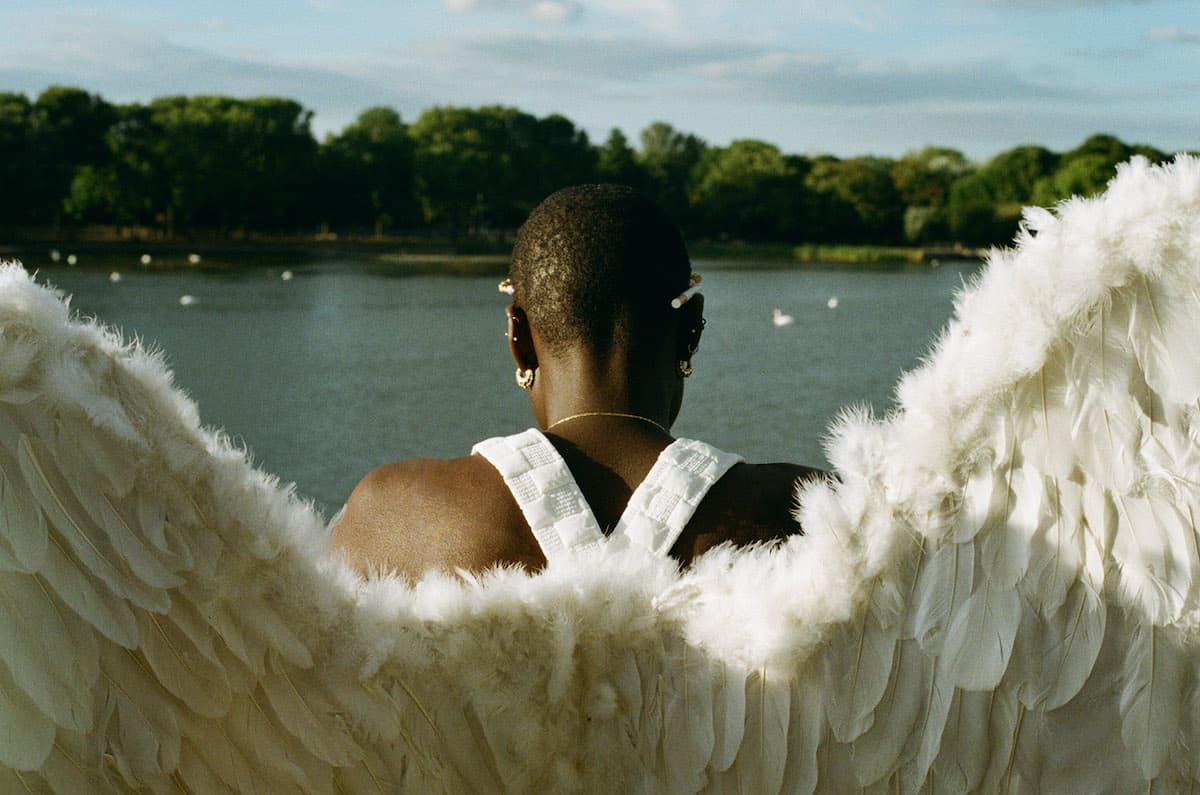
How did you get into photography?
I think my knack for photography kicked in during a trip to my native Sierra Leone in 2013, where I spent the entire time taking photographs of the beautiful scenery, as well as people we would visit from various households. I’d spent the long journeys in the car in between various visits eagerly editing the photos on editing apps on my phone. I absolutely loved the process. My father picked up on this and surprised me with my first camera, the Sony Nex-5N, which I’d use to photograph random Instagram friends, still of course using the likes of VSCO to edit. And I guess I’ve just kept taking photographs and learning about the medium from there.
What was the first photograph you ever took?
I don’t remember the exact first photograph I ever took, but it definitely would have been from that trip as my intention was to create photographs, rather than reference images. I particularly remember an image of one of our neighbours in my father’s childhood home in Kenema, Sierra Leone, taken on my iPhone 4 in 2013.
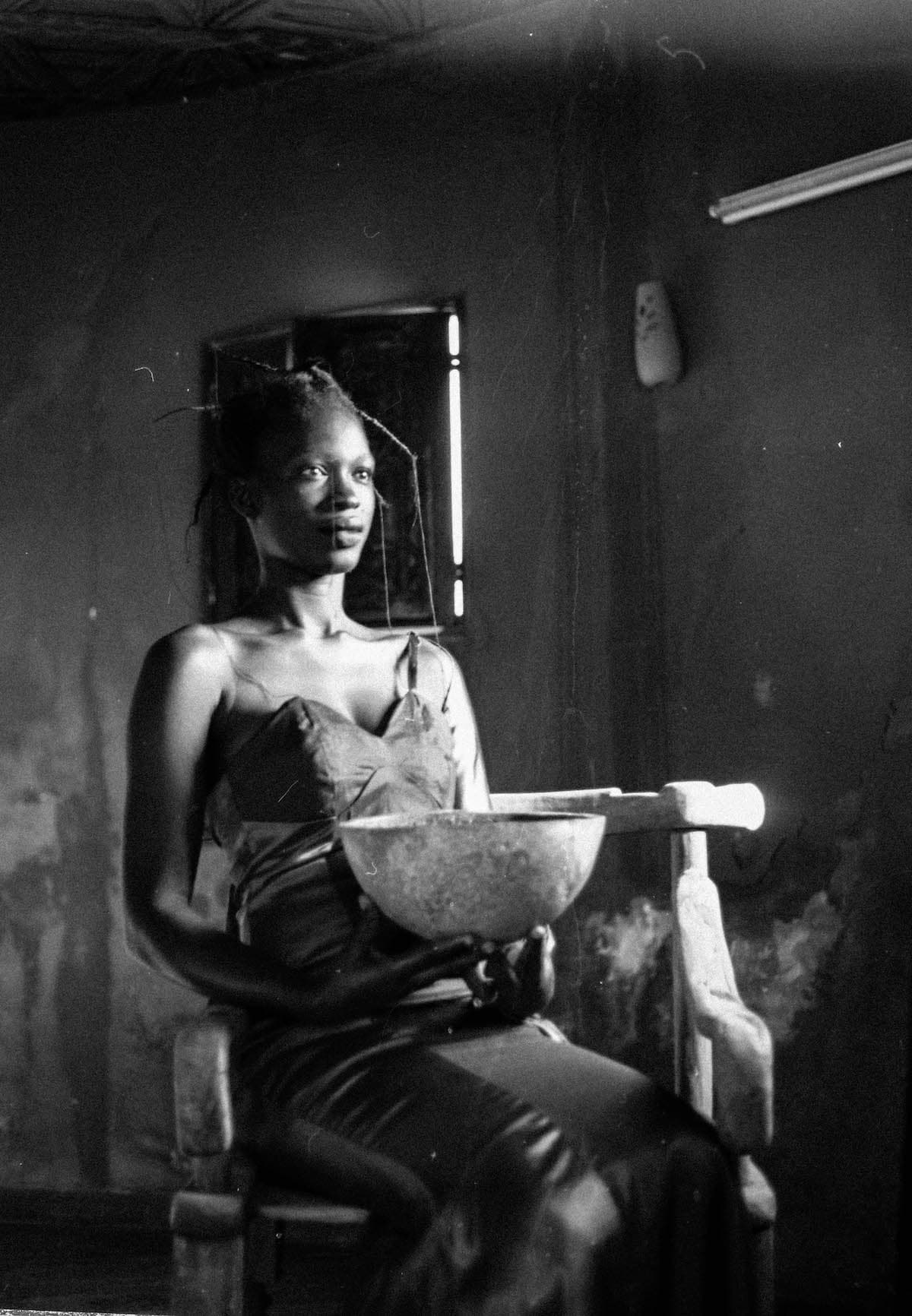
How would you describe your approach to photography?
My approach is very DIY and use what you have. I’ve never let a lack of equipment limit my creativity, and I think that is what has really forced me to train my eye, as I’m not too heavily reliant on the final finish and sheen of my imagery. I feel like I definitely have a documentary approach and style to my work, I love photographing moments and people in the most honest and raw way I can. I’ve been shooting on film a lot more and I often leave any light leaks and dust marks in my imagery to add to this rawness.
Tell me about some of the artists that inspire you?
I am in awe of the works of African studio photographers such as Seydou Keïta from Mali and Sory Sanlé from Burkino Faso, and how beautifully they captured the joy of black people. I definitely see the collection and creation of archives almost as a form of activism and want to make sure I’m doing what I can as a black female photographer to keep contributing to these archives.
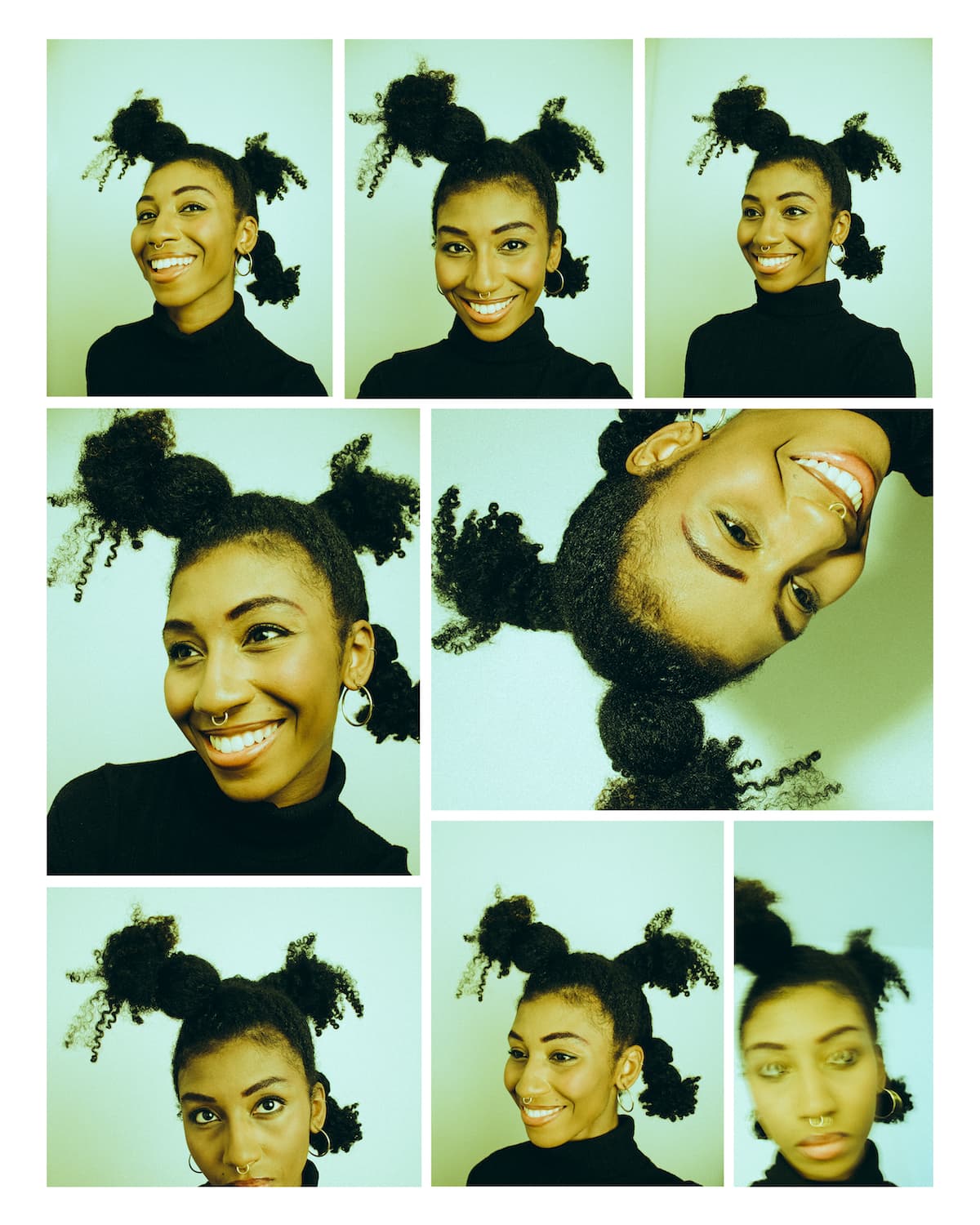
Who are your favourite contemporary photographers?
I’ve always been a huge fan of Christina Nwabugo’s work and how effortlessly she plays with light and photographs black and brown skin. Dana Scruggs is another photographer I’m very keen on. For a long time, she predominantly shot only men which is such an interesting notion, especially considering how dominant the male gaze has been throughout the history of photography. Seeing the powerful yet kind gazes of these photographers, as well as so many other talented black women photographers, has definitely helped to reassure me that there is space for photographers like me in the industry and that my way of seeing is valid too.
Tell me about a project you’ve done that has been particularly close to your heart.
I’d definitely say Poly-. It was commissioned by the lovely Derrick Kakembo for his platform Reform The Funk’s “Space” exhibition. This was my first ever photographic project that was made with the intention of it being a project from the get-go. In it, I explore my relationship with my Black, British, Muslim identity and some of the cultural conflict I was having both with myself and my community. It was amazing to me that I could not only express myself in this way but also create a dialogue with others who may be going through something similar.
The project, as well as the exhibition experience, is still so special to me to this day, and I think this is because my family were so heavily involved. Taking portraits of my mother, grandmother and younger brother made the project that much more personal. It meant a great deal to me that my father had come to visit the exhibition and was engaging with the work, asking me questions and finally understanding my point of view. It was such a beautiful moment. The fact that this project could spark such conversations, both at home and online, is definitely what has encouraged me to keep creating work and expressing myself in this way.
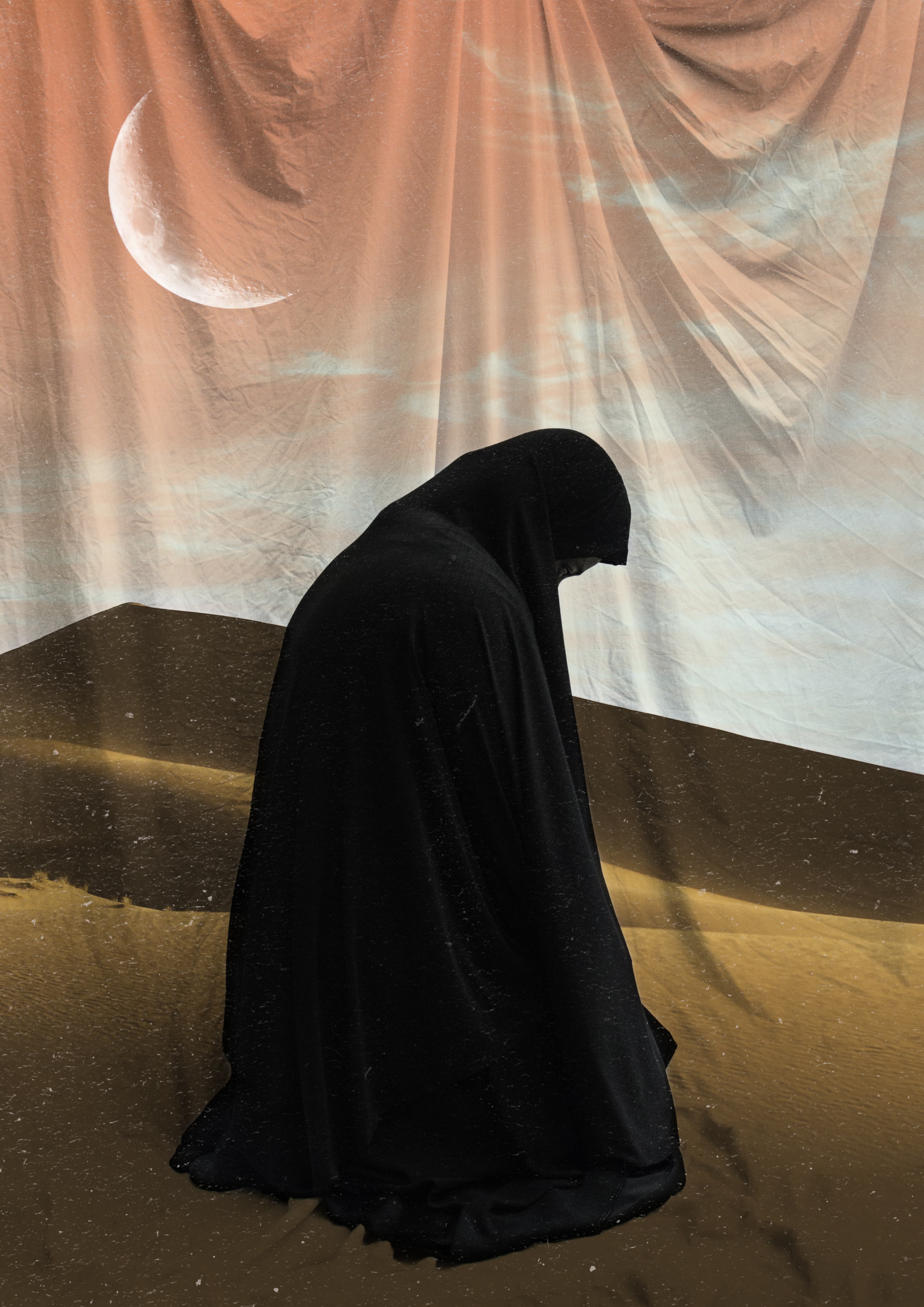
How does your work relate to your identity?
I’ve always been very drawn to archives and I feel like my work always somehow loops back to my childhood, whether it’s me filling in gaps in my memories or directly communicating with my inner child to find out who I truly am at the source. I wrote this short piece about my familial archives, accompanied with photographs my mother had taken in the 90s and early 2000s.
“I was brought to tears today just thinking about how quickly time flies. How lofty one’s childhood can seem when memories are not reinforced with physical testimony. Whilst looking through my family albums, I realised that it was my mother’s meticulous documentation of my childhood, her persistent gaze, that formed the foundation for my love of photography. For as long as I can remember she placed such a huge emphasis on capturing moments and archiving them so that we could one day cherish them in the future.
Holding these carefully labelled physical albums and flicking through the pages, being able to interact with and trace my past existence in such a delicate way, it’s so special. It saddens me that the physical archives stopped once my mother switched to using a digital camera. The archives became minute and my memories not so clear. For so long I thought that I had randomly stumbled upon photography, but it was in my DNA all along. I often struggle with my existence, my history, and now I further understand the importance of the archive, the tangible confirmation of one’s story. These photographs hold so much power. These moments we capture as photographers are so much bigger than we presently think.”
I had intentions of creating some new imagery of my family, especially my father whose story is absolutely remarkable. I was excited to photograph him and interview him so he could tell it in detail. He sadly passed away a few weeks after I wrote this short piece, and it has been difficult to come to terms with the fact that these archives along with their attached memories are all I have left of him. It’s absolutely heart-shattering, but I’m definitely driven to keep taking photos and preserving memories of those who are still here with us.
On 12 August Ejatu took over our Instagram for Brand Share The Mic, head to @hungermagazine to learn more.
